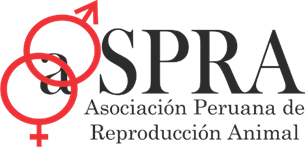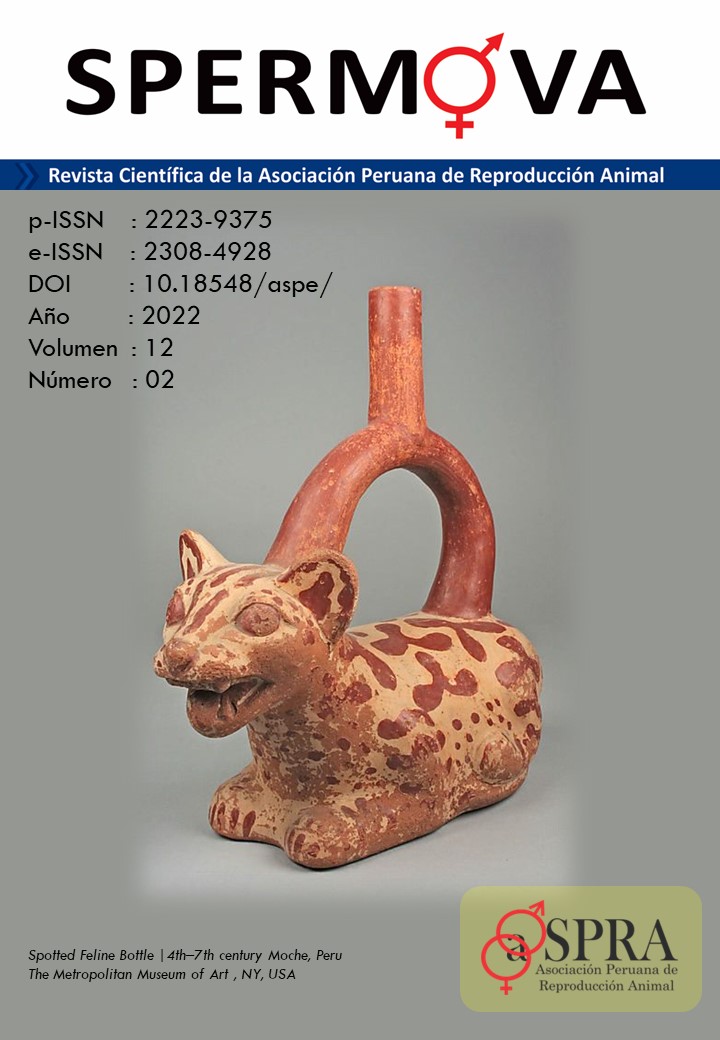Editorial board
- Editors (Associate Editors or Editor in Chief) have complete responsibility and authority to reject/accept an article.
- Editors are responsible for the contents and overall quality of the publication.
- Editors should always consider the needs of the authors and the readers when attempting to improve the publication.
- Editors should guarantee the quality of the papers and the integrity of the academic record.
- Editors should publish errata pages or make corrections when needed.
- Editors should have a clear picture of a research's funding sources.
- Editors should base their decisions solely one the papers' importance, originality, clarity and relevance to publication's scope.
- Editors should not reverse their decisions nor overturn the ones of previous editors without serious reason.
- Editors should preserve the anonymity of reviewers (in half blind peer review journals).
- Editors should ensure that all research material they publish conforms to international accepted ethical guidelines.
- Editors should only accept a paper when reasonably certain.
- Editors should act if they suspect misconduct, whether a paper is published or unpublished, and make all reasonable attempts to persist in obtaining a resolution to the problem.
- Editors should not reject papers based on suspicions; they should have proof of misconduct.
- Editors should not allow any conflicts of interest between staff, authors, reviewers and board members.
- Editors must not change their decision after submitting a decision (especially after reject or accept) unless they have a serious reason.
- Journals shall provide contact information for the editorial office on the journal’s Web site.
Authors responsibilities
- Authors must certify that their manuscript is a original work and has not previously been published
- Authors must participate in the peer review process and follow the comments.
- Authors are obliged to provide retractions or corrections of mistakes.
- All Authors mentioned in the paper must have significantly contributed to the research. Level of their contribution also must be defined in the “Authors’ Contributions” section of the article.
- Authors must state that all data in the paper are real and authentic.
- Authors must notify the Editors of any conflicts of interest.
- Authors must identify all financial support used in the creation of their manuscript.
- Authors must report any errors they discover in their published paper to the Editors.
- Authors cannot withdraw their articles within the review process or after submission, or they must pay the penalty defined by the publisher.
Peer Review/Responsibility for the Reviewers
- All of a journal’s content should be subjected to peer-review.
- Reviewers should keep all information regarding papers confidential and treat them as privileged information.
- Reviews should be conducted objectively, with no personal criticism of the author. No self-knowledge of the author(s) must affect their comments and decision.
- Reviewers should express their views clearly with supporting arguments.
- Reviewers may identify relevant published work that has not been cited by the authors.
- Reviewers should also call to the Editor in Chief's attention any substantial similarity or overlap between the manuscript under consideration and any other published paper of which they have personal knowledge.
- Reviewers should not review manuscripts in which they have conflicts of interest resulting from competitive, collaborative, or other relationships or connections with any of the authors, companies, or institutions connected to the papers.
Animal rights
If the work involves the use of animal, the author should ensure that the work described has been carried out in accordance with The Code of Ethics for animal experiments http://ec.europa.eu/environment/chemicals/lab_animals/legislation_en.htm
Conflict of interest
All authors must disclose any financial and personal relationships with other people or organizations that could inappropriately influence (bias) their work.
Changes to authorship
This policy concerns the addition, deletion, or rearrangement of research names in the authorship of manuscripts. Requests to add or remove an author, or to rearrange the author names, must be sent to the Journal editor from the corresponding author of the accepted manuscript and must include: (a) the reason the name should be added or removed, or the author names rearranged and (b) written confirmation from all authors that they agree with the addition, removal or rearrangement
References
Committee on Publication Ethics (COPE). (2011, March 7). Code of Conduct and Best-Practice
Guidelines for Journal Editors. Retrieved from
http://publicationethics.o
rg/files/Code_of_conduct_for_journal_editors_Mar11.pdf



